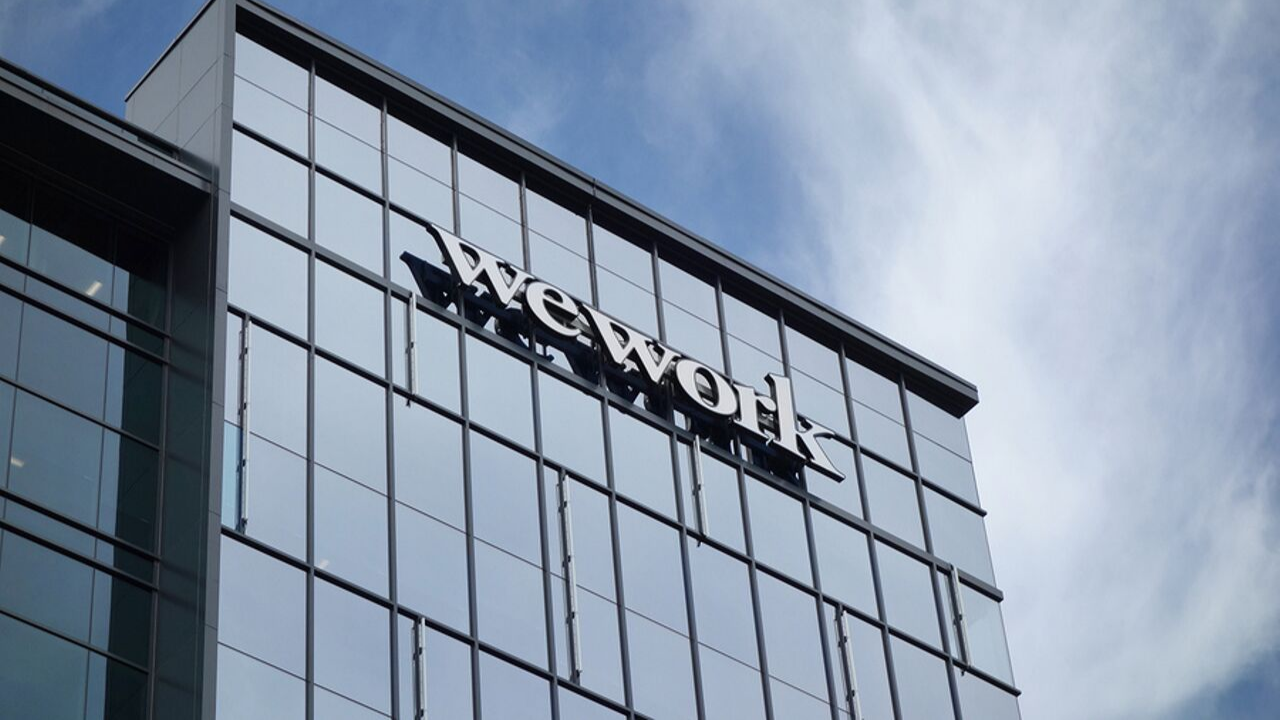WeWork’s postponed initial public offering may just be a win for Main Street investors. After formally delaying its IPO last month, the company has reformed much of its layout, including ousting Adam Neumann as CEO and selling off its non-core businesses.
This allowed Main Street investors to avoid spending billions of dollars on an unprofitable business, while forcing the company to make some much needed changes. This, along with other recent unimpressive IPOs from companies such as Lyft and Uber, could be a good sign that capital markets are becoming more efficient.
Lyft’s market cap declined by $13 billion since its IPO, while Uber’s dropped by $33 billion. Combined, these losses would still be less than the $47 billion that investors would likely have lost if WeWork had gone public.
Going forward, the company’s new co-CEOs Artie Minson and Sebastian Cunningham said that the firm will focus on its core business and aim for an IPO in the near future, which may not be in its best interest.
“Anyone looking at a building that has got significant WeWork occupancy has got to be very concerned,” said Don Peebles, CEO of Peebles Corporation. “I think some defaults by WeWork are coming down the line.”
It seems likely that the poor performance of these companies will allow venture capitalists to use their money in a more efficient manner and stop funding companies that burn through cash.

 Dr. Gleb Tsipursky – The Office Whisperer
Dr. Gleb Tsipursky – The Office Whisperer Cat Johnson – Coworking Marketing Maven
Cat Johnson – Coworking Marketing Maven Angela Howard – Culture Expert
Angela Howard – Culture Expert Drew Jones – Design & Innovation
Drew Jones – Design & Innovation Andrea Pirrotti-Dranchak – Competitive Advantage
Andrea Pirrotti-Dranchak – Competitive Advantage Jonathan Price – CRE & Flex Expert
Jonathan Price – CRE & Flex Expert Jeremy Fennema – Tech Innovation Alchemist
Jeremy Fennema – Tech Innovation Alchemist












